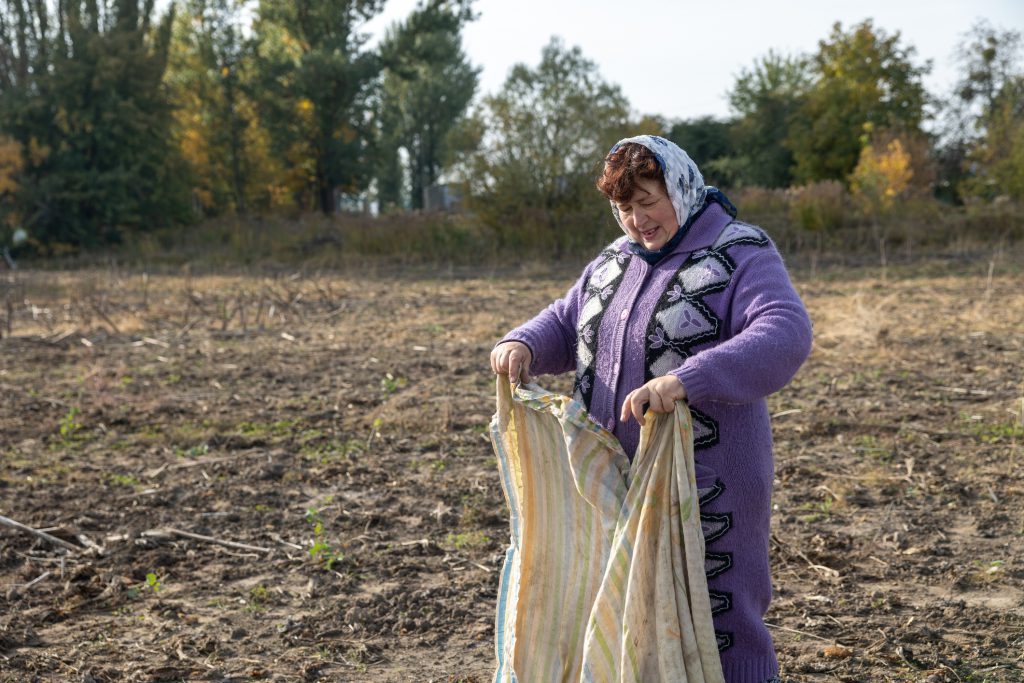Deal to extend trade support for Ukraine with safeguards for EU farmers

Parliament and Council reached a provisional agreement on extending trade liberalisation measures for Ukraine in the face of Russia’s war of aggression.
The temporary suspension of import duties and quotas on Ukrainian agricultural exports to the EU will be renewed for another year, until 5 June 2025, to support Ukraine amidst Russia’s continuing war of aggression.
The Commission can take swift action and impose any measures it deems necessary should there be significant disruption to the EU market or the markets of one or more EU countries due to Ukrainian imports.
The regulation also provides for an emergency brake for particularly sensitive agricultural products, namely poultry, eggs, and sugar. MEPs secured the expansion of this list to include oats, maize, groats and honey. They also attained firm commitments from the Commission to take action if there is a surge of Ukrainian imports of wheat. The reference period for triggering the emergency brake will be 2022 and 2023, meaning that if imports of these products surpass the average volumes of these two years, tariffs would be re-imposed. EP negotiators also ensured that the Commission would act faster – within 14 days instead of 21 days – if trigger levels for the automatic safeguards were reached.
Next steps
Parliament and Council will now both have to give their final green light to the provisional agreement. The current suspension expires on 5 June 2024. The new regulations should enter into force immediately following this expiration date.
Background
The EU-Ukraine Association Agreement, including the Deep and Comprehensive Free Trade Area, has ensured that Ukrainian businesses have preferential access to the EU market since 2016. After Russia launched its war of aggression, the EU put in place autonomous trade measures (ATMs) in June 2022, which allow duty-free access for all Ukrainian products to the EU. These measures were extended by one year in 2023. In January, the EU Commission proposed that import duties and quotas on Ukrainian exports should be suspended for another year. For Moldova, similar measures were extended for another year after the current measures expire on 24 July 2024. Russia has deliberately targeted Ukrainian food production and Black Sea exporting facilities to undermine the country’s economy and threaten global food security.
